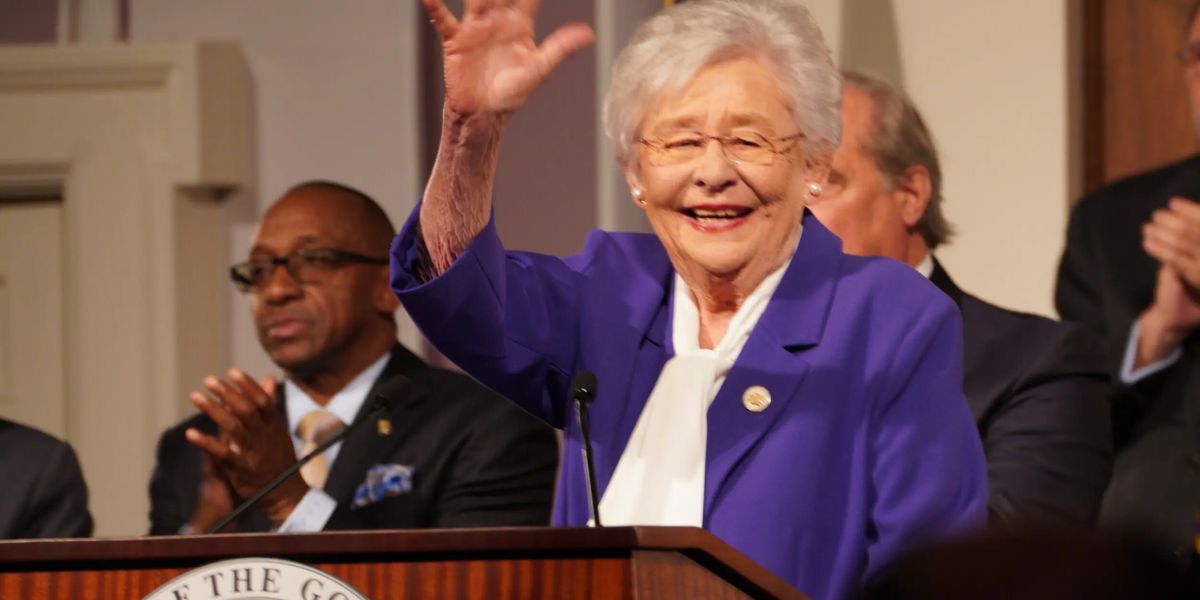Breaking News! Alabama Governor Passes Anti-squatting Law
Montgomery, AL – Governor Kay Ivey passed House Bill 182, sponsored by Rep. Craig Lipscomb, on Monday, taking a significant step toward protecting homeowners’ rights. The new legislation seeks to give property owners additional rights against squatters who illegally inhabit their homes.
Recognizing the importance of one’s home as a refuge, Governor Ivey underlined the need for preemptive actions in the face of a troubling nationwide trend of illegal property occupations. She remarked, “It has been said that a person’s home is their castle, yet after a national rise in illegal occupations of homeowner’s private property, it is apparent that more must be done to halt criminals from commandeering people’s homes.”
The heart of the new law is its diverse approach. To begin, it establishes fines for falsifying real estate documents, which is an important disincentive to fraudulent acts that encourage squatting. Second, the measure sets a streamlined mechanism, overseen by local law enforcement agencies, for quickly removing those who are illegally residing in residential buildings without permission.
Governor Ivey emphasized Alabama’s unwavering commitment to protecting private property rights. She stated, “In Alabama, private property rights are vital. This new rule warns would-be squatters that any effort to hijack and take over someone’s home would result in rapid action from law authorities.
Governor Ivey also underlined the importance of providing fast justice for offenders, claiming that the most appropriate domicile for unlawful squatters is behind bars. She underlined the state government’s responsibility to be diligent in protecting the rights of all Alabama homeowners.
The anti-squatting law, which goes into effect on June 1, 2024, marks an important milestone in Alabama’s continuous efforts to protect homeowners’ rights and the sanctity of private property. Governor Ivey’s decisive move demonstrates a commitment to proactive government aimed at tackling pressing social challenges while protecting residents’ interests.











